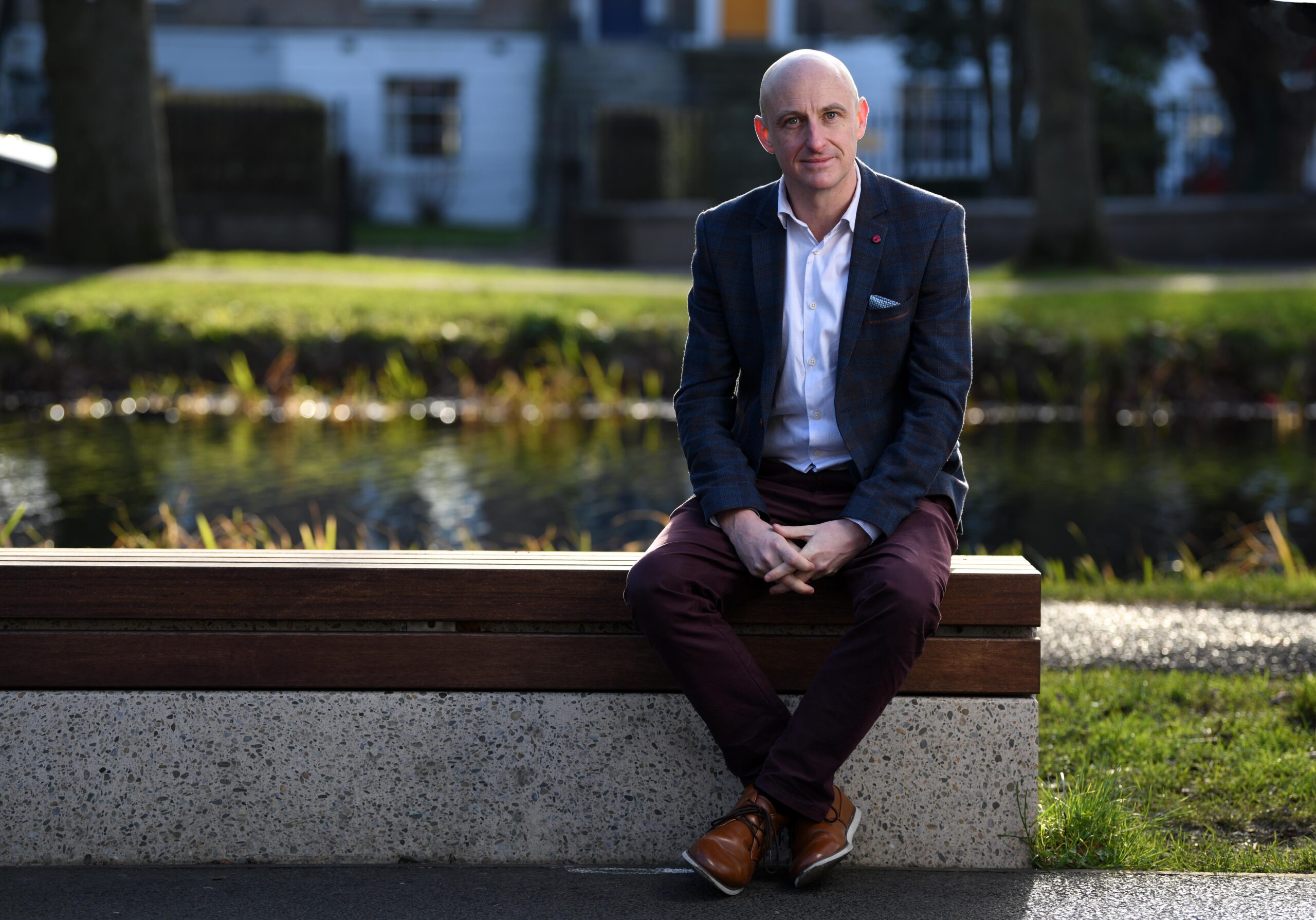Nick Lawlor is a believer in preparation and detail: “It reduces the chances of losing,” he laughs. A keen marathon runner, Lawlor has completed four events in Dublin and one in Berlin. His time in the 2022 Dublin Marathon was impressive – two hours and forty-six minutes, something he attributes to his efforts in training. He takes a similar approach to his work in financial education and advice for employees. And that business has just experienced a significant sea change. Lawlor’s company, Employee Financial Wellness (EFW), has just become part of UK-based Wealth At Work, a group that allows employers…
Cancel at any time. Are you already a member? Log in here.
Want to continue reading?
Introductory offer: Sign up today and pay €200 for an annual membership, a saving of €50.

